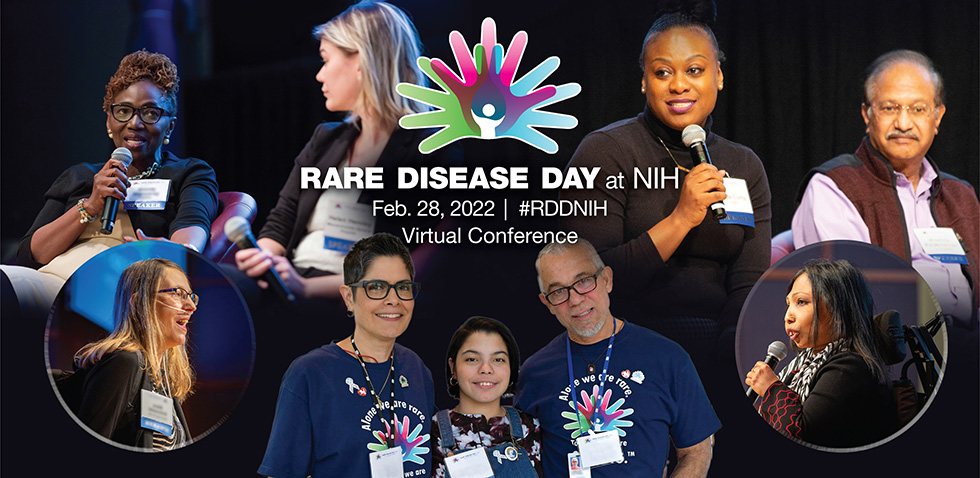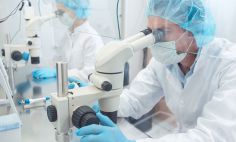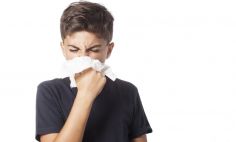In the United States, diseases that each affect less than 200,000 people are called “rare diseases.” There are about 7,000 – 10,000 rare diseases, and more than half of them are diagnosed in children. Many rare diseases are caused by genetic mutations. Most of them are complicated and hard to diagnose, and only a few have any effective treatment options. Rare diseases can cause serious, chronic, and long-term health problems, and many of them are fatal.
Individually rare, collectively common
The diseases themselves are each rare, but as a group they have a large impact. Each rare disease might only affect a few hundred to several thousand people, but all together there are about 30 million people in the United States living with a rare disease.
Annual events raise awareness
Every year, the National Center for Advancing Translational Sciences (NCATS) and the NIH Clinical Center host Rare Disease Day at NIH to raise awareness about rare diseases and the people living with them. This year, Rare Disease Day at NIH will be on February 28th with events across the world to support and raise awareness for rare disease patients, their families, and caregivers.
The goals of this event are to:
- Bring together groups of people affected by rare diseases – including patients, caregivers, patient advocates, health care providers, and researchers.
- Increase awareness about rare diseases and the people living with them.
- Share information about how the NIH advances rare disease research and highlights patients’ voices and experiences.
This year’s Rare Disease Day at NIH will be held on Monday, February 28, 2022, from 10 a.m. to 6 p.m. EST. The event – which will be virtual – will feature rare disease patient stories, scientific posters, panel discussions, and an art exhibit.
Topics will include:
- Diversity in rare disease research
- Individualized therapies
- Telehealth during the COVID-19 pandemic
- The diagnostic odyssey (the long, complicated journey that many rare disease patients go through to get diagnosed)
Rare Disease Day at NIH is free and open to the public. Registration is requested. Learn more about Rare Disease Day at NIH and register for the virtual event.







